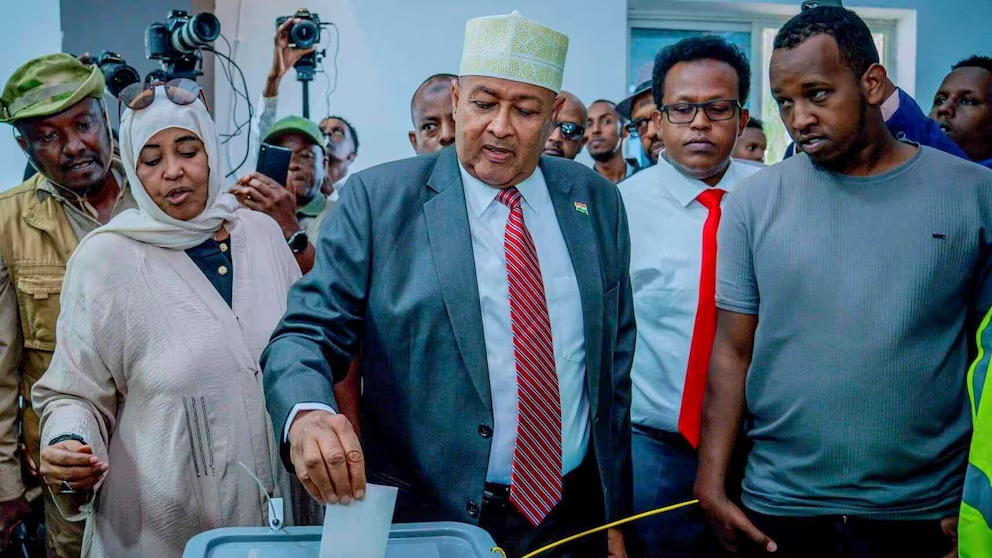Outlining A Comprehensive Foreign Policy Vision for the New Admin Under President-elect H.E. Abdirahman Mohamed Abdullahi “Cirro”
“Re-imagining Somaliland Foreign Policy: A Vision for Sovereignty, Security, and Prosperity”
Somaliland stands at a critical juncture in its history. Decades of resilience, meticulous state-building, and a commitment to democratic governance have positioned it as a beacon of stability in the often turbulent Horn of Africa. While the region grapples with conflicts, fragile states, and authoritarian regimes, Somaliland has charted an extraordinary path, characterized by grassroots peace-building, credible elections, and a functioning governance structure. Continue reading “Outlining A Comprehensive Foreign Policy Vision for the New Admin Under President-elect H.E. Abdirahman Mohamed Abdullahi “Cirro””




